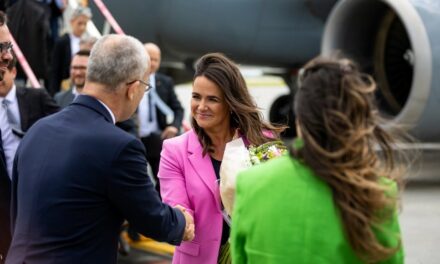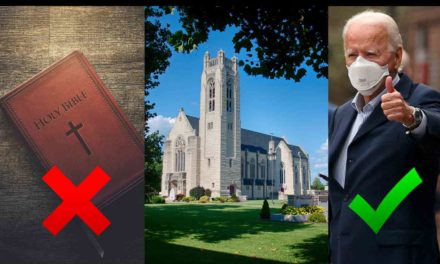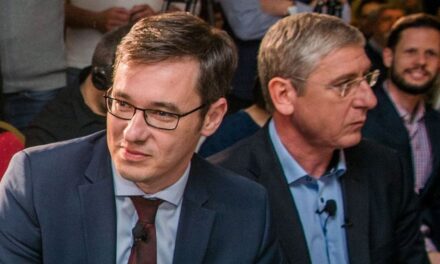The United States has not given up on the regulation of Central European democracies, and through the United States Agency for International Development, it is trying to bring liberal institutions, media and pseudo-civilians into position.
With bipartisan congressional approval, the United States Agency for International Development (USAID) is supporting new, local initiatives in Central Europe aimed at strengthening democratic institutions, civil society and independent media, i.e. "strengthening the pillars of resilient democratic societies", informed the American from Budapest. embassy on Monday the MTI.
According to their announcement, the programs will be jointly implemented by partners who know the region well, have experience in providing personalized support to local communities and are committed to internationally recognized good practices in order to support democracy.
The agency supports its partners in Bulgaria, the Czech Republic, Hungary, Poland, Romania, Slovakia and Slovenia in the "capacity development of civil society in order to strengthen democratic principles and protect fundamental freedoms".
Furthermore, strengthening the competitiveness, financial independence and sustainability of independent media; developing the supervisory role of civil society and the media, increasing compliance with the rule of law, fighting corruption and improving access to justice; and increasing citizen engagement through collective action to strengthen democratic systems, they wrote.
The statement recalled that the Biden-Harris administration made it clear that strengthening democracy in the United States and around the world is essential to meet the unprecedented challenges of our time.
With bipartisan support, the US Congress allocated funds to strengthen democracy and civil society in Central Europe, including programs aimed at transparency, independent media, the rule of law, minority rights, and the fight against anti-Semitism, they said.
As it was written, the agency published a public call for tenders to find local partners in Central Europe to implement the programs.
MTI












